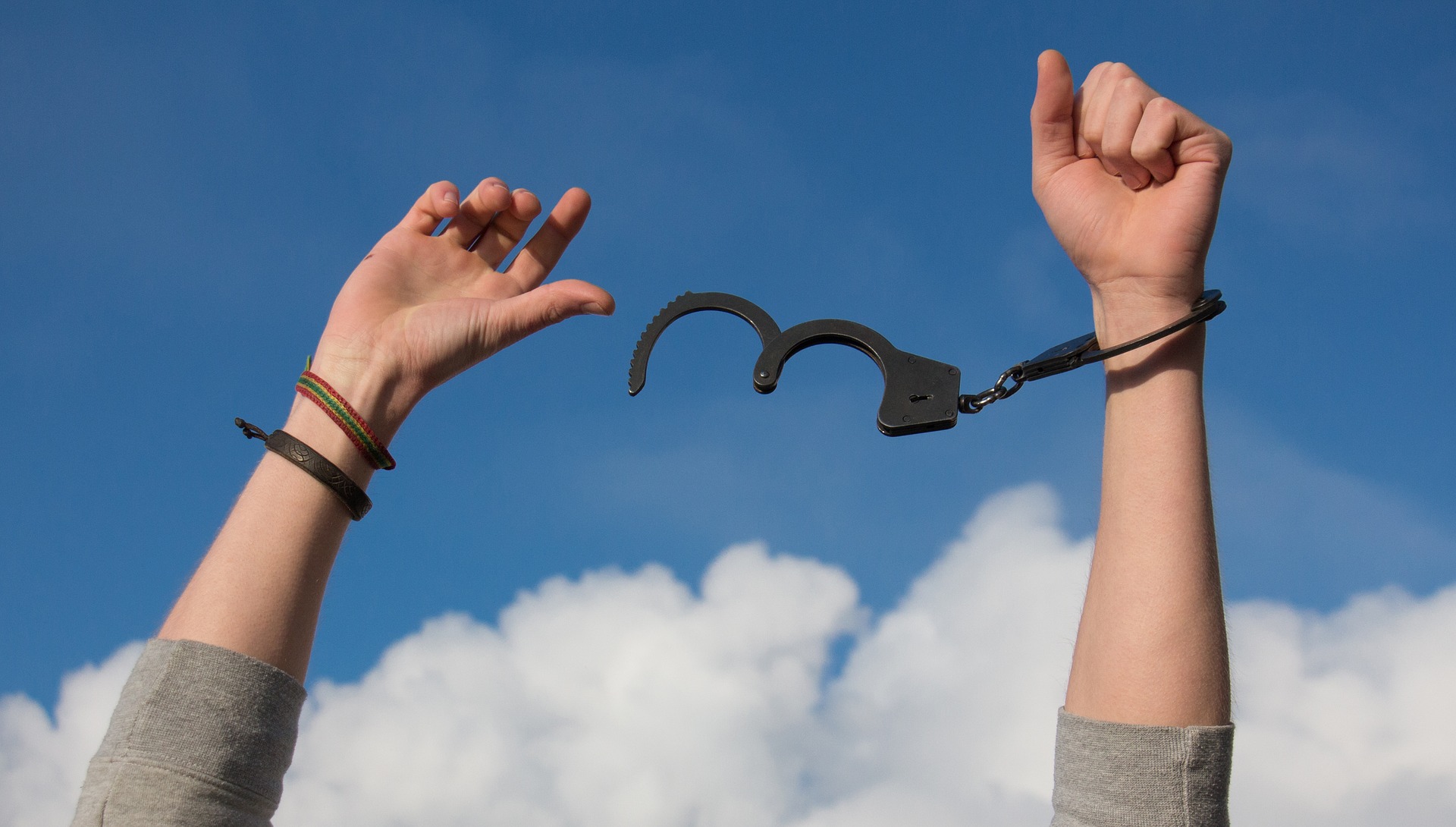
There is this one thing I never learned about in graduate school, and it’s just not talked about that often in the addiction field. It is a dynamic which I began to see over and over again in different ways in clients struggling with addiction. At first, I thought it was just random, but then I began to see it more and more with each client I saw. The dynamic would move around with the issues the client talked about, but nonetheless, it was the same dynamic.
The dynamic I speak of is RIGIDITY.
What I mean by rigidity is the addicted person’s tendency to see things as black, white or all or nothing. Rigidity has certain rules you must follow in the addiction world to stay rigid. For instance:
“My recovery has to be like this.”
“I have to be perfect in recovery.”
“I can not relapse.”
“I have to be perfect in my relationships from here on out, because I treated that person terribly when I was addicted.”
“I should not be bored in recovery?”
As I listened to client after client as an addiction counselor, I began to see this idea and think about rigidity in a different way. A way that might be essential for addiction. The more I saw it, the more I believed it, and not a lot of people where talking about it.
Simply put, addiction demands that people have rigid thoughts, feelings and behaviors in order for a person to remain addicted. Addiction needs a rigid thought process to exist and to continue to exist. It needs to be all or nothing, black and white. Addiction needs to limit options, and most of all, it needs a person to hate himself for making the wrong decision.You see, this is what will keep addiction breathing.

How can you change it?
The Oxford dictionary defines rigidity as “an unwillingness to be adaptable in outlook, belief, or response.” Isn’t this just how addiction behaves in recovery? It resists changes, and it resists changing shape to recovery. Why? Because it needs to cling to its form to stay unchanged. It needs to promote rigidity – old rules that allow relapse to happen – for it to continue existing. Even if someone tries something new, addiction can replace those thoughts of experiencing a new life with thoughts of failure and how things will not work out in your new sober life.
Change the tide??? Enter stage right: INNOVATION.
Innovation has been defined as “a new method, idea or product.” It’s essence is something new, or becoming something new. And isn’t that what recovery is? A new idea or way of living. So if we are going to engage in a new way of living, wouldn’t innovation be a good idea to live by? How are you changing yourself? How do you live with freedom? How are you making changes that support your sobriety and do not sabotage it? Maybe even dive a bit deeper, and wonder about why you do sabotage things? Even if you do, does that mean you are doomed to always sabotage?
Let’s ask Innovation
Innovation might say there are a lot of different ways of seeing self-sabotage. The first answer you have is an answer, but not all the answers. With innovation, there are always alternative possibilities and views to everything. This is addiction’s kryptonite. The more innovation, flexibility and seeing other possibilities in your recovery life, the more change will be strengthened and the more the rigidity around addiction will weaken.
For instance, self-sabotage of one’s recovery could also mean it is just an old pattern of behavior that has been hard to change. It is habit in need of guidance and change. Maybe, through time, self-sabotage will no longer be needed. It could be replaced by seeing alternative possibilities in every situation:
- That you won’t be a failure.
- That you will be a success.
- That through practicing awareness and change thinking, you will change self-sabotage to self affirmation.
It could mean that when you relapse, you are not a total loser in need of just being an addict. It could mean that you have anxiety when meeting new people when you are sober, but you will get better at being more comfortable around others over time. It could mean that initially, going out with friends sober will be awkward and weird, but over time you will get more and more comfortable.

With this I leave you with 6 questions to ask yourself?
- How am I seeing new ways of doing things?
- How am I limiting myself in my vision/philosophy toward recovery?
- How does my upbringing and ways I deal with emotions and thoughts and follow through with certain behaviors limit my vision/recovery?
- How can I expand my vision/philosophy of what recovery can be?
- How can I brainstorm ways to be more innovative in my recovery?
- How do I give myself permission to be myself and explore these buried, hidden wonderful sides of myself?
A version of this and other blogs by Ted Izydor can be found at addictionblog.org.


Leave a Reply